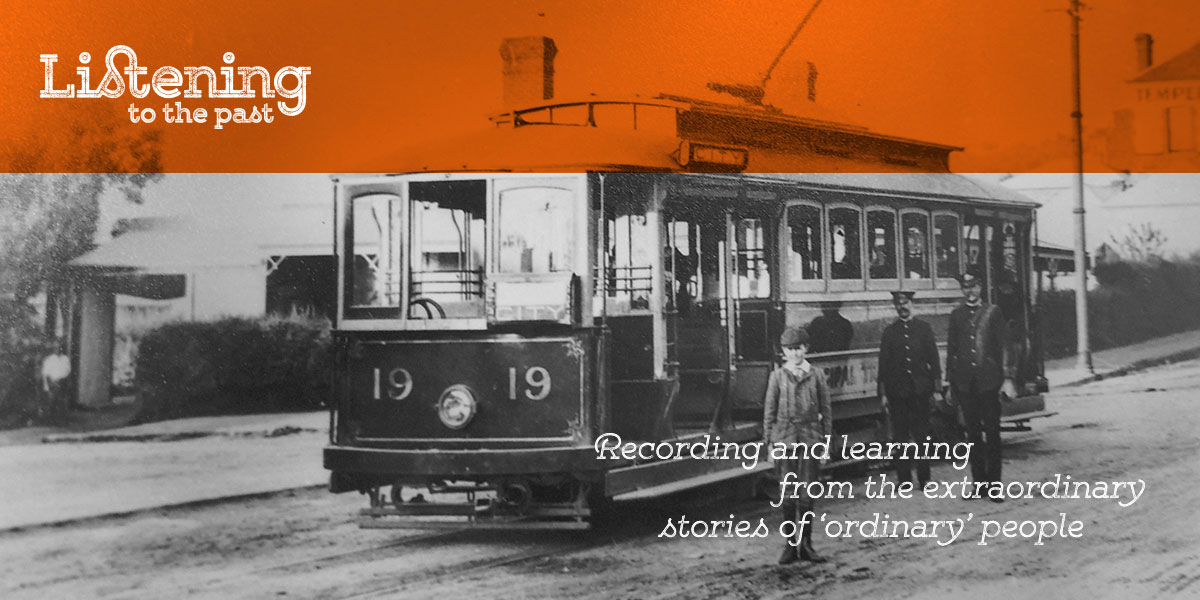
Fifteen excellent reasons to use oral history – part 3
Here are the final five reasons to record and use oral history interviews. You can read the first five reasons here, and the second five reasons here. Oral history is an excellent way to: 11. Create a record for your Read More …






